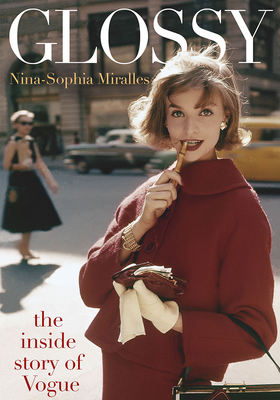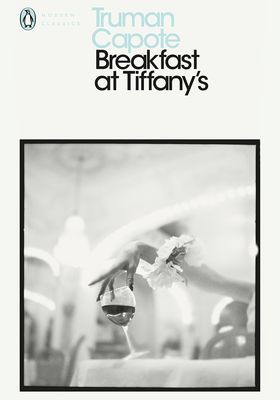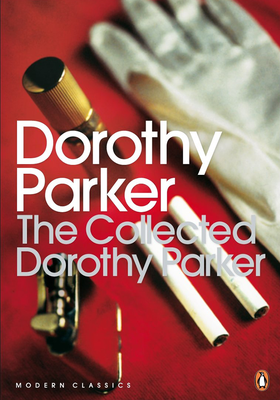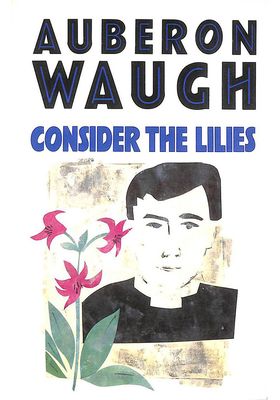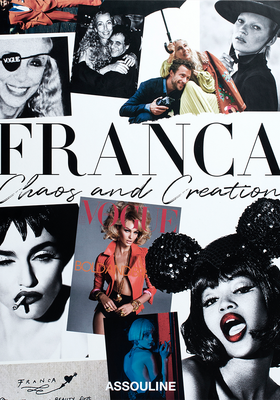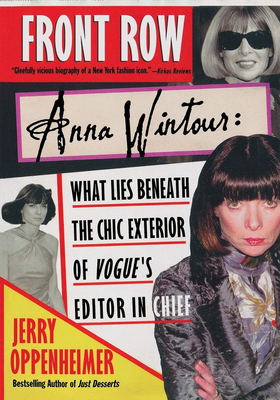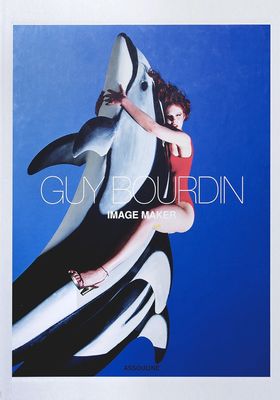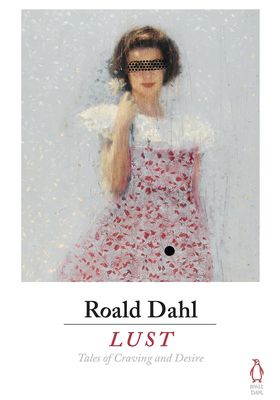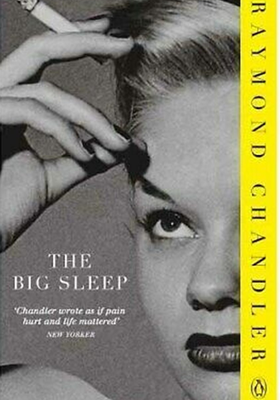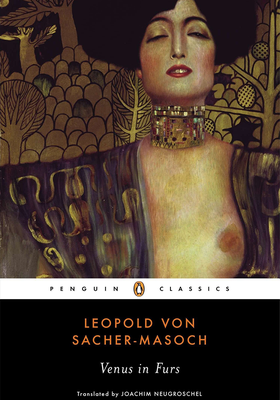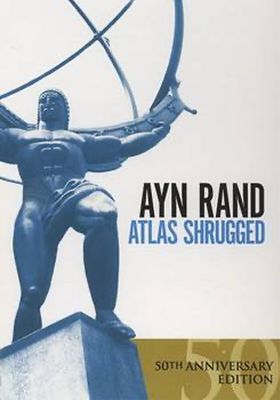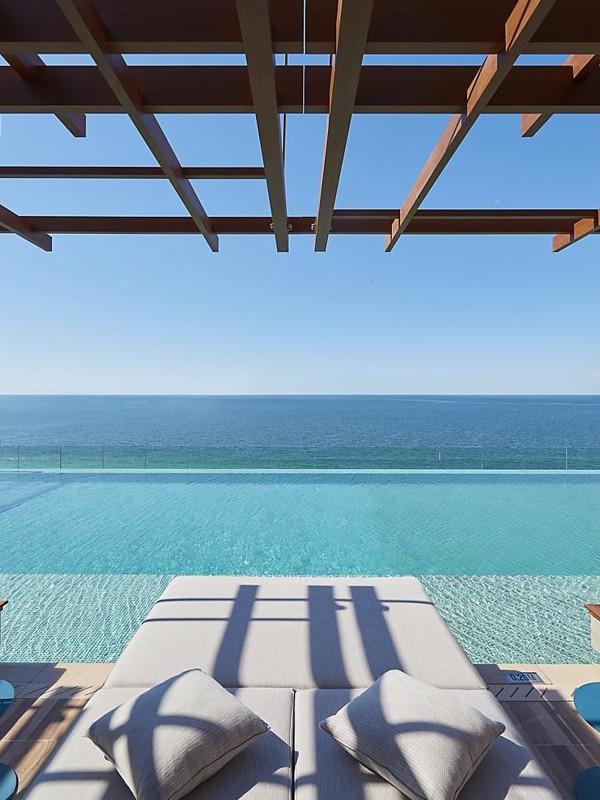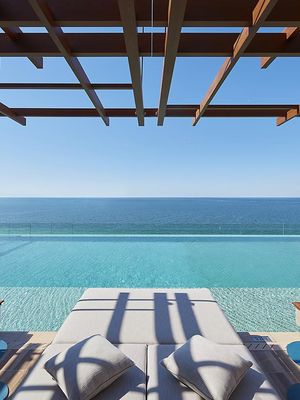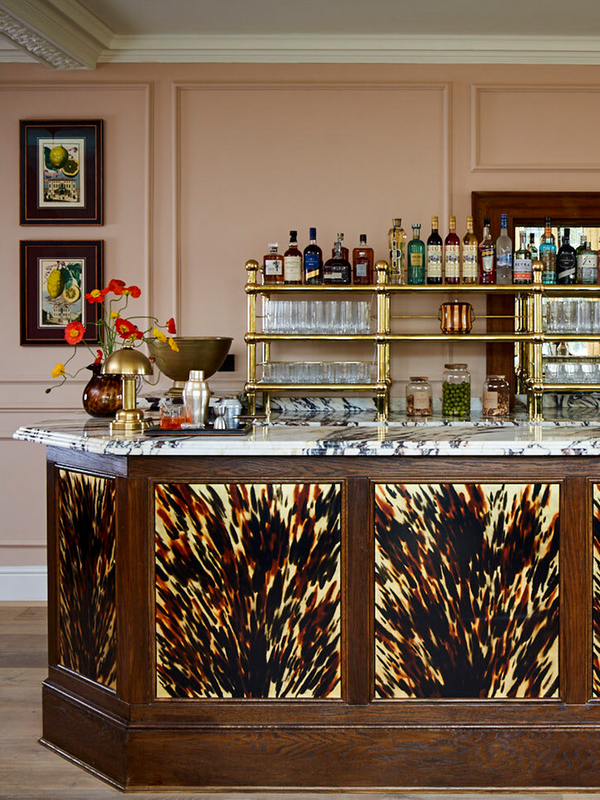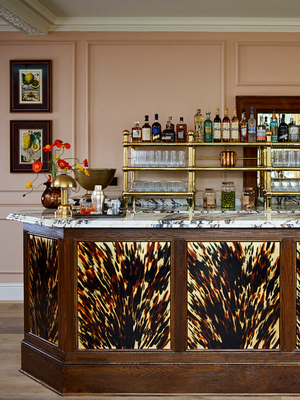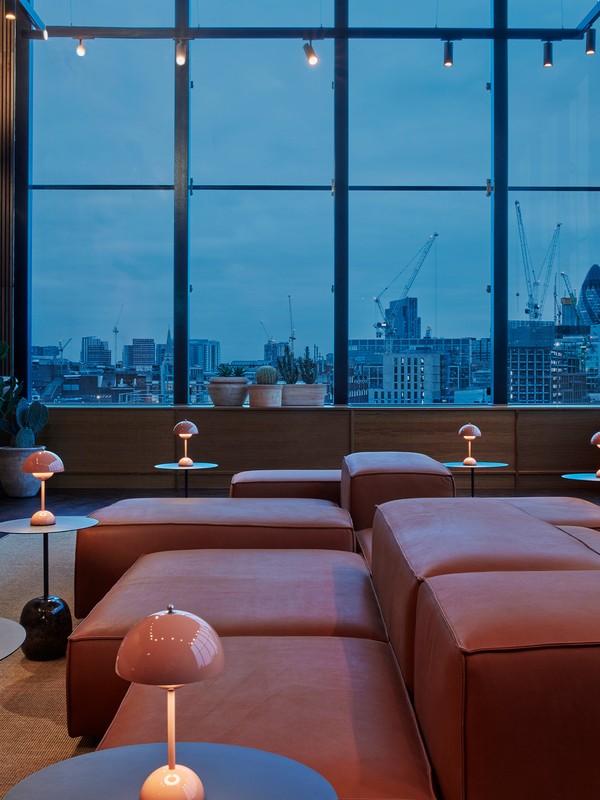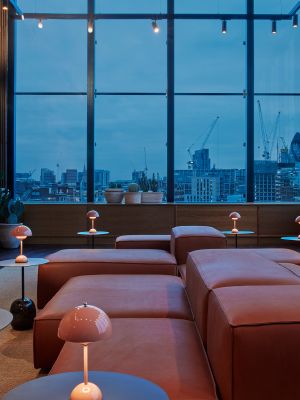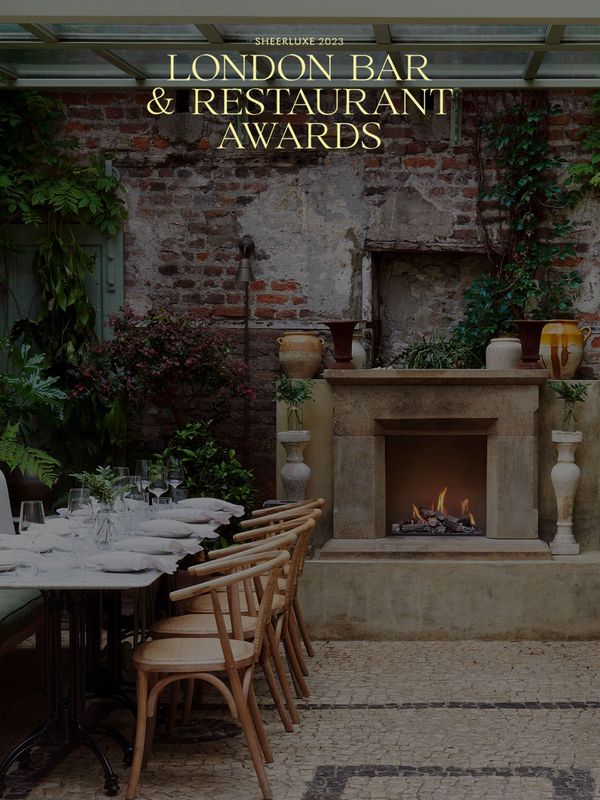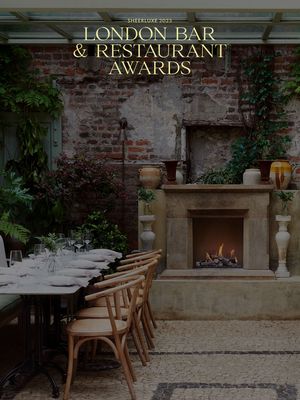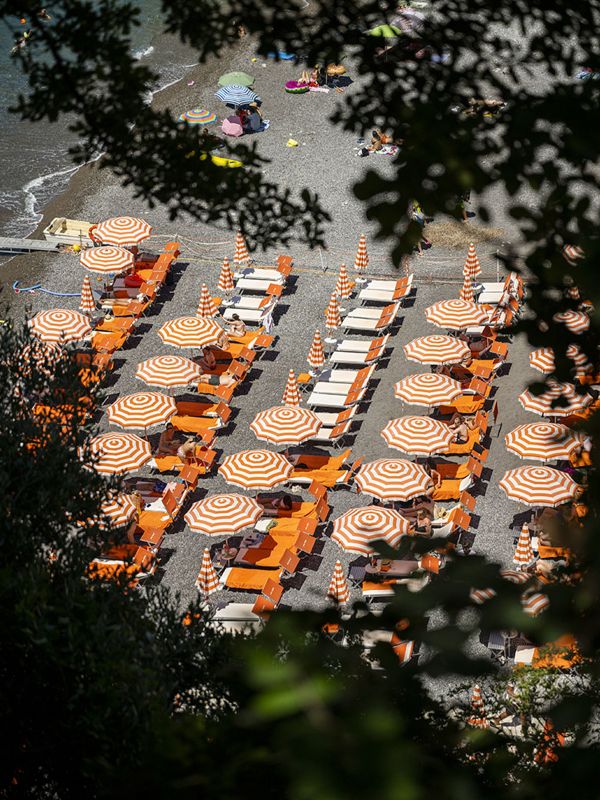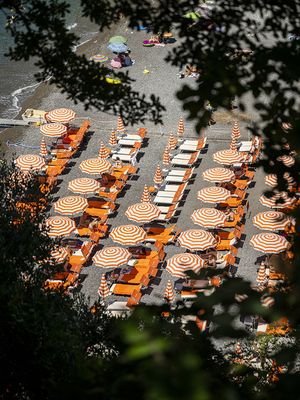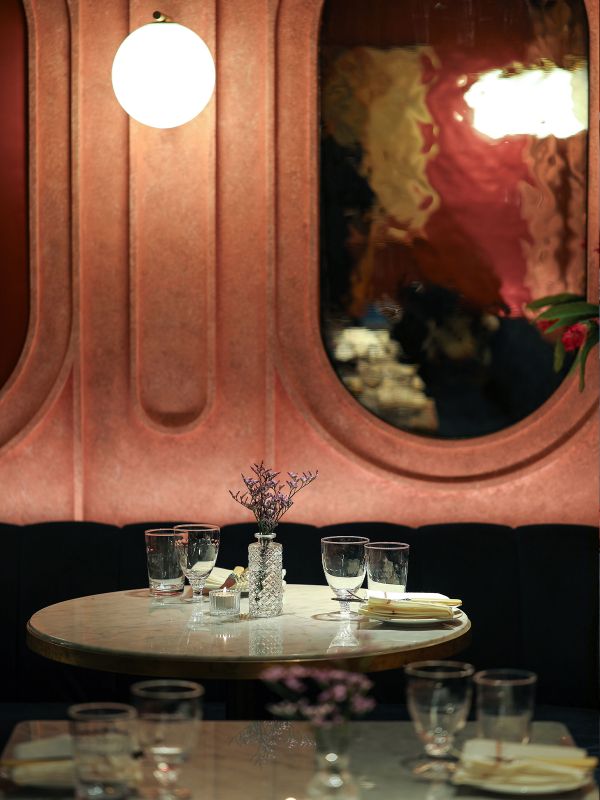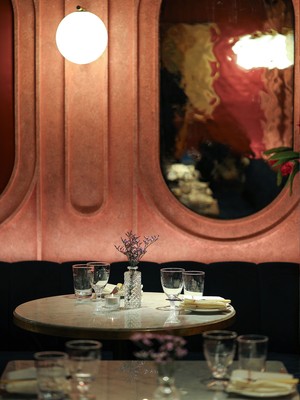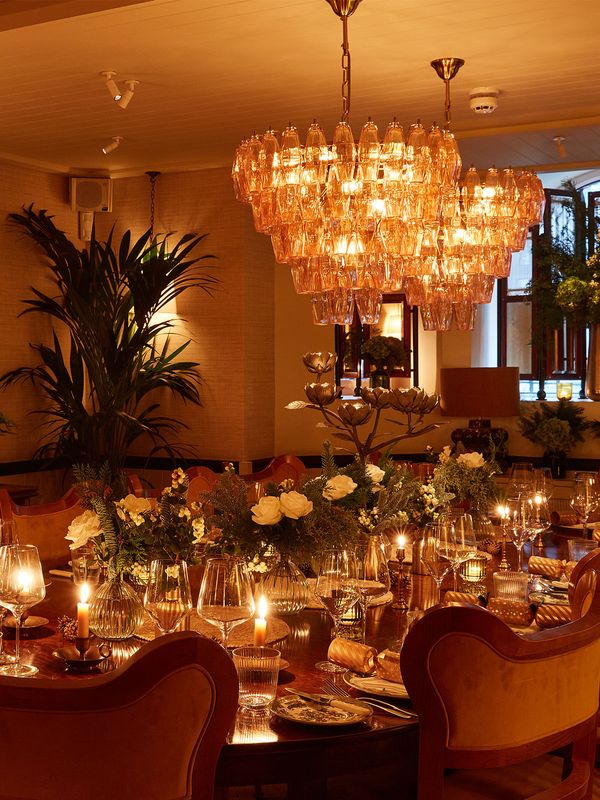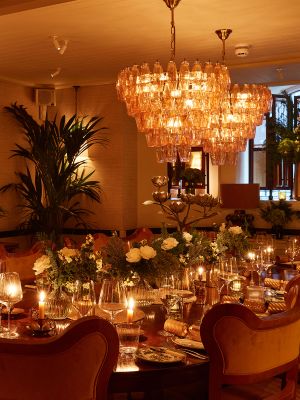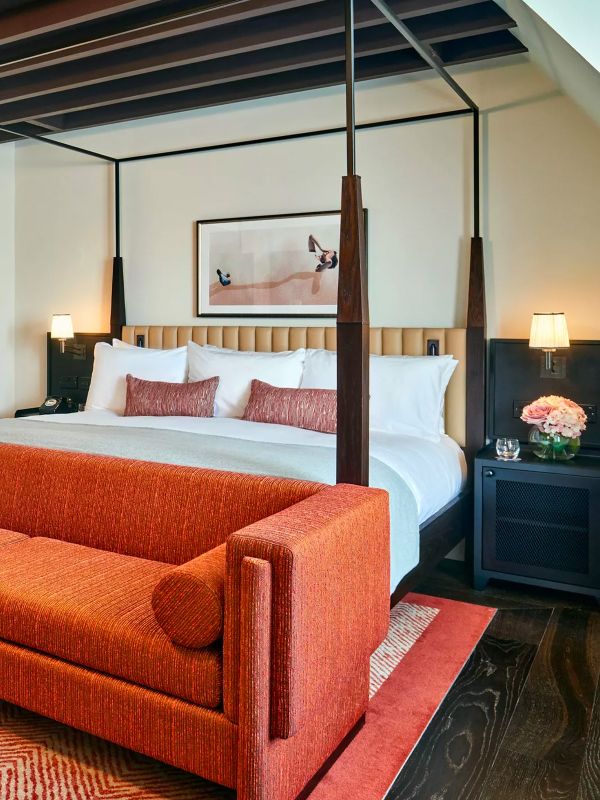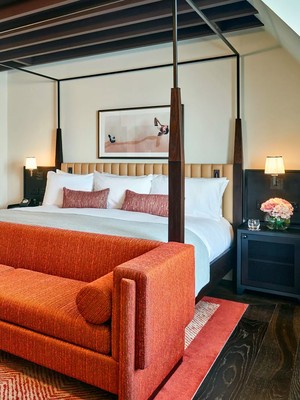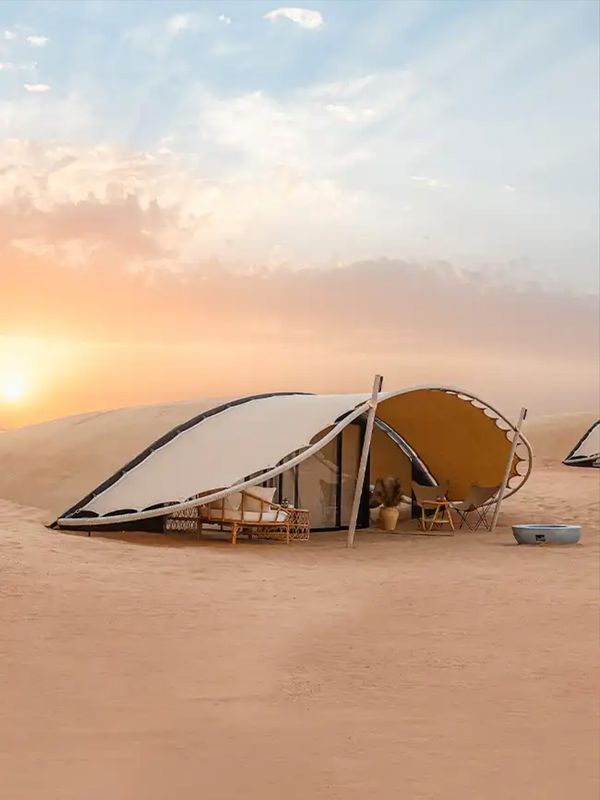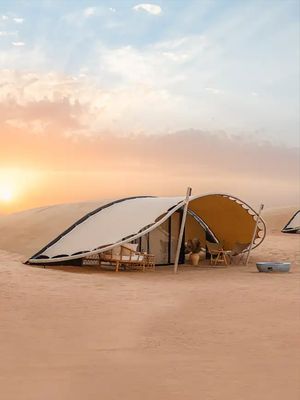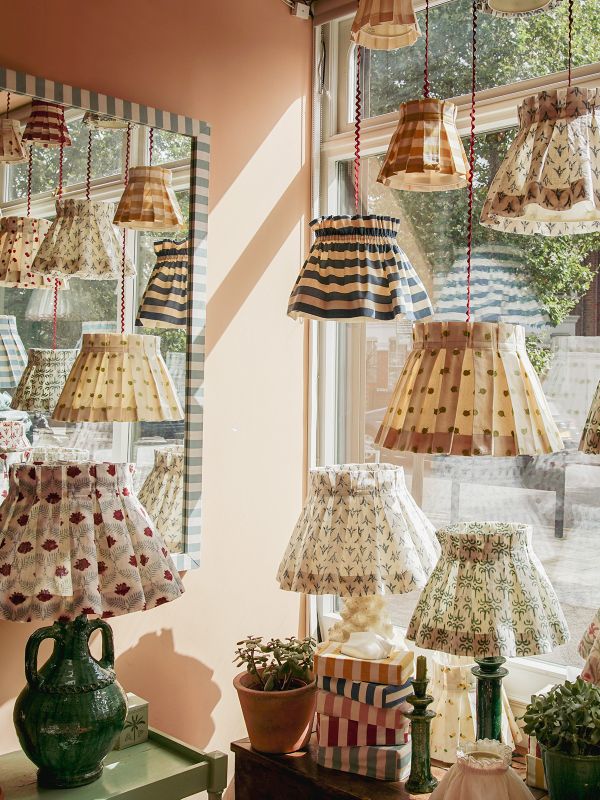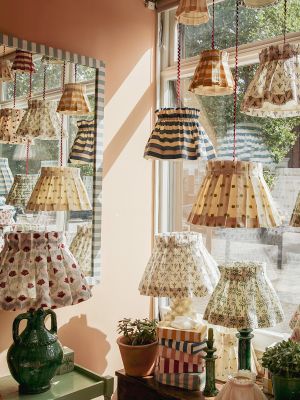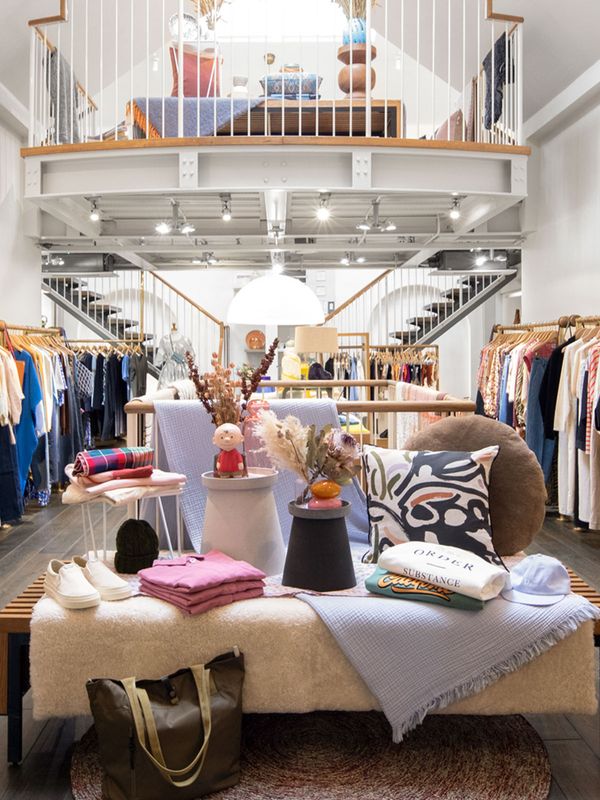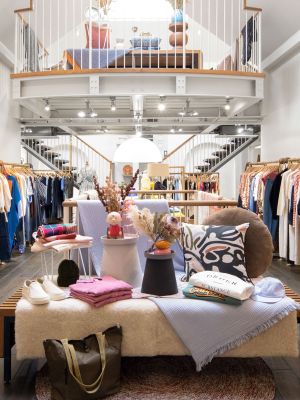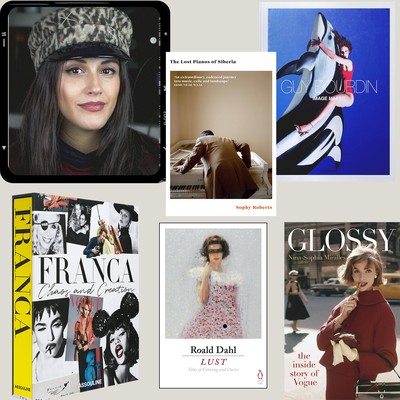
My Life In Books: Nina-Sophia Miralles
All products on this page have been selected by our editorial team, however we may make commission on some products.
Why did you decide to write Glossy?
I’d been working on a fashion article and Anna Wintour kept cropping up in my research. I suddenly wondered – who had edited Vogue before her? This led me from one editor to the next, each wilder, wackier than the last. The editors of Vogue are a radical bunch; they were visionaries and war heroes, major divas and manipulative tyrants. They’ve been called queens and monsters. They’ve been compared to popes and sea lions. And many have been almost completely forgotten. But I fell in love with them, and thought somebody should tell their story.
Who did you speak to for the book?
Outside of Vogue, I spoke to Imran Amed, founder of The Business of Fashion; Miles Socha, editor-in-chief of WWD; Vanessa Friedman, fashion director of the New York Times; Anja Aronowsky Cronberg, editor-in-chief of Vestoj and lots more. The former editor-in-chief of Vogue Paris in the 1980s and 1990s – Colombe Pringle – was perhaps one of the best interviews of my whole career. She was a fearless editor who thought nothing of challenging her superiors as well as her audiences. She flew to India when she was seven months pregnant to interview the Dalai Lama for Vogue, and instead of designer party dresses, she talked about mindful dressing in that issue. We talk about that now, but back then it was unheard of. She was also a real force in trying to break through racist barriers at Condé Nast and ultimately got fired for bringing Nelson Mandela in as a guest editor.
Have you always been interested in fashion?
I was the teenager hoarding Vogue copies under my bed for almost a decade, leafing through them at every opportunity. I still haven’t forgiven my dad for triumphantly binning them when I was on holiday – the battle of whether I needed that many dust-collecting copies had raged between us for years.
What are some of your favourite fashion books?
For beautiful coffee table books you can’t beat Assouline. They have so many links with fashion and have volumes on everyone from Vogue Paris’s star photographer Guy Bourdin to Dior, Chanel and Yves Saint Laurent. My favourite is a stunning book called Franca: Chaos & Creation, in honour of Vogue Italia’s late editor-in-chief, Franca Sozzani. She looked like a pre-Raphaelite angel but filled her magazines with defiant editorials dealing with everything from climate change to plastic surgery addiction. When it comes to biographies, I’m going to say Jerry Oppenheimer’s book on Anna Wintour, Front Row. God knows if it’s all true – it’s unauthorised – but boy is it juicy!
What are you reading right now?
I started Great Expectations by Charles Dickens this week as a kind of palette cleanser because I’ve been reading fashion adjacent stuff for so long. His writing is pure skill and refined craft – like watching ballet, or a chef doing that precision chopping.
What books from childhood will always stay with you?
I’m sure everybody says Roald Dahl, and I’m no different. He was so twisted and so clever. My particular favourites were Matilda (as a bookworm I was sympathetic) and Fantastic Mr Fox, who is the kind of tricksy, gutsy character I admire. I also loved The Tiger Who Came to Tea. The feline in question arrives uninvited and proceeds to eat the family out of house and home. Very cheeky. Lastly, I know they might not be very feminist, but I was a sucker for fairy tales, especially if they had girlie illustrations of women in pretty ballgowns – there was definitely an early interest in fashion there. I am half-Russian, and I had a lot of wonderfully exotic Russian fairy tale books, too. I was mesmerised by the folklore, which often revolved around a famous witch called Baba Yaga who lives in a hut that stands on chicken legs. The action always takes place deep in the heart of the forest, and unlike Western stories with their Prince Charming, it’s usually the wisdom and cunning of beautiful women that saves the day.
What are the books that made you want to write?
There’s no book in particular, it was more my love of reading in general. When I was little, I would copy bits from different books and turn them into one story, a kind of collage of favourite parts. The more I did this, the more I had to make up stuff to fill in the gaps. Eventually it clicked that I could make it all up. Thus, a career as a writer became clear to me.
Where do you buy books?
In normal times, I like to go into a bookstore – Waterstones on Piccadilly, Daunt Books in Marylebone, indies all across London – and browse through the displays. I always seem to end up in a bookshop when I’m in town, like a homing pigeon. I’m also addicted to charity bookshops, they’re a treasure trove of unexpected finds, often weird, intriguing, unloved books that make their way to my home by the bagful. I do buy books online when I know exactly what I want, though I’m trying very hard to get out of the habit of using Amazon… it’s not easy!
Print or Kindle?
Print! It’s nice to have one less screen in my life. Books are one of those items that cannot been redesigned or ‘new and improved’, which makes them all the more special.
How do you choose what to read?
I’ve never been very good at reading stuff that is popular or new, or that people recommend, though my husband recently bought me a subscription from Mr B’s (a bookshop in Bath). You tell them what sort of thing you like, and they hand-pick a mystery book for you every month. I don’t know how they get it so right every time – I find myself waiting eagerly to see what I get next.
Do you have a favourite author?
They tend to change over time. If I want an indulgent read, I’ll always pick an Agatha Christie. I adore Evelyn Waugh, too – he’s a lesson in cutting conversation. His son, Auberon Waugh, is lesser known but just as talented. His masterpiece (in my opinion) is Consider the Lilies. It’s about an Anglican priest who hates his wife, and it is as comical and it is cruel – every page is perfection. I love some Russian authors, particularly Evgeny Zamiatin for surrealism, and Mikhail Bulgakov for satire. I love Ernest Hemingway, not for his writing, but for his way of life. I feel the same about F. Scott Fitzgerald – I want his clothes and his parties and his trips to Paris much more than I want to read his books.
What's been your favourite read of 2021 so far?
The Lost Pianos of Siberia by Sophy Roberts. It’s a non-fiction book in which a travel journalist tackles the sub-zero snows of Siberia, trying to track down a classical piano for a friend. It weaves in Russia’s implausible passion for music and their impossibly strong spirit of survival.
What one novel will always stay with you?
Breakfast at Tiffany’s by Truman Capote. The text is so pure and economical, it’s a work of flawless dexterity. I also find it deeply touching. Holly Golightly is a lot more than just a pin-up played by Audrey Hepburn. She’s young and alone, and yes, a party girl, but brave nonetheless. She’s trying to live life on her terms and she gets unlucky. Isn’t that sad? When we are brave enough to go for what we want, isn’t it heart-breaking when it’s all for nothing?
Favourite biography?
Wicked Lady by Tim McGirk is about Salvador Dalí’s wife and her influence over him. It’s a tantalising tale of larger-than-life personalities. A love story like no other.
Favourite non-fiction book?
Fall of the House of Borgia by E. R. Chamberlin. I unearthed this gem in a dusty second-hand bookshop which just goes to show how the newest books with the fanciest covers aren’t necessarily the best. It’s an exquisite re-telling of Renaissance Italy’s most colourful villains.
Do you read poetry?
Occasionally. Wendy Cope is the ultimate everyday companion. Dorothy Parker for biting wit with a dash of naughtiness.
What book would you give as a gift?
I tend to give Roald Dahl’s adult stories, because even people who don’t read much love them. They’re wicked and addictive and Dahl was part of everyone’s childhood canon, so people are likely to give it a go. God, I really do keep going on about Roald Dahl… I’m such a fan girl.
Any recommendations for laugh-out-loud books?
I’m a big fan of Graham Greene’s humour. He’s fairly old-school, but I like that. I can recommend Our Man in Havana, in which a vacuum salesman in Cuba is recruited to become a spy for the British. He accepts rather reluctantly, hoping to pay for the outlandish whims of his teenage daughter. She wants a fancy horse and elaborate outfits to wear to Catholic ceremonies.
What’s your favourite film or TV adaptation of a book?
I’m not crazy about adaptations. I’m one of those awful people who sit in cinema muttering “They got that wrong!”. But my big exception would have to be Bridget Jones’ Diary. I’m not sure if this comment will get me killed, but I think the films are actually better than the books.
Are there any books that have helped you through difficult times?
I’m not one of those people who sees themselves in book characters, or who chooses books to help them deal with something they’re going through. But books overall have helped me through difficult times – reading is my comfort and my sanctuary. They’re an endless source of joy.
Favourite literary character?
Marian Leatherby, the 92-year-old heroine of The Hearing Trumpet by Leonora Carrington. Not many books make an elderly woman the star. Marian is going deaf and has grown a beard in old age, but nonetheless she is funny and rebellious. I once heard this book described as the “occult twin to Alice in Wonderland” and I think that’s so right. Marian also falls into another world – a sinister retirement home that her family sends her to – where nothing is as it seems, and it gets as topsy-turvy as the Mad Hatter’s dinner party.
Do you have a favourite book of all time?
Not really, but I do have favourites. Venus in Furs by Leopold von Sacher-Masoch is my favourite piece of European literature. Ayn Rand’s Atlas Shrugged had a huge influence on my world view. The Wanting Seed, which deals with the politics of fertility, and was written by Anthony Burgess (better known for A Clockwork Orange). The Big Sleep by Raymond Chandler for delicious film noir and zinging one-liners. And Vile Bodies by Evelyn Waugh, for its jokes, and for what it says about people. And because one of the main characters is called Nina. And finally, everyone should read Brave New World by Aldous Huxley.
Glossy: The Inside Story of Vogue by Nina-Sophia Miralles is published by Quercus on 18th March.
Visit Waterstones.com
Shop Nina-Sophia's Book Picks Below...
DISCLAIMER: We endeavour to always credit the correct original source of every image we use. If you think a credit may be incorrect, please contact us at info@sheerluxe.com.
